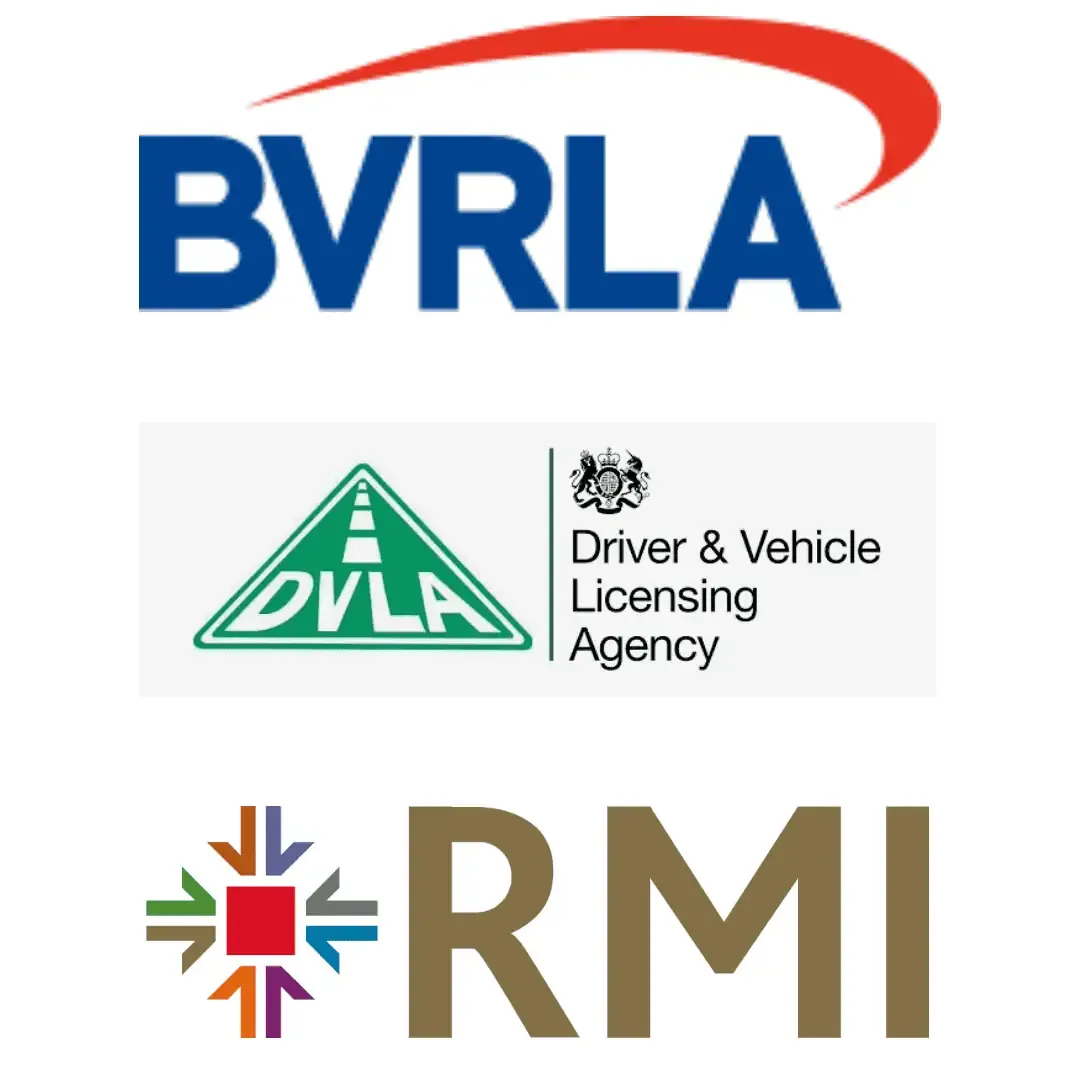BVRLA, VOSA and RMI mileage combined data
Enhancing Car History Checks with Additional Mileage Data:
Combating the Growing Problem of Clocked Vehicles in the UK
CarVeto provides the latest extensive mileage data alerts
Introduction
Car history checks are crucial in providing peace of mind to motorists buying or selling vehicles in the UK.
Recently, CarVeto has obtained additional mileage data, which allows us to enhance these checks by identifying mileage discrepancies more accurately.
In this article, we will discuss the growing problem of clocked vehicles, the impact of clocking on vehicle safety and value, how technology is helping combat clocking, and how the additional data can help CarVeto customers better identify such vehicles.
Read on below or search mileage history with a vehicle registration number.
The Problem of Clocking in the UK
Clocking, or manipulating a vehicle’s odometer to display lower mileage than it has travelled, has been a growing problem in the UK for many years.
The law and authorities have provided little resistance to mileage adjustment activities, making it easy for individuals to obtain mileage adjustment equipment online or find a garage that offers an adjustment service.
Additionally, the rise of Personal Contract Purchase (PCP) and Personal Contract Hire (PCH) finance products, which make up over 80% of new car finance and 50% of used car finance, come with mileage allowances that incentivise downward mileage adjustment.
It helps vehicle owners avoid extra charges incurred if they exceed the allotted mileage.
The Growing Prevalence of Clocked Vehicles
HPI Vehicle History Checks have been assessing their mileage data for several years. In 2014, they reported that 1 in 20 UK vehicles were clocked. By 2021, this figure had increased to 1 in 11 cars.
CarVeto’s assessment, based on Driver and Vehicle Standards Agency (DVSA) data from 2020, showed that 1 in 18 vehicles had their mileage adjusted, with an average reduction of over 46,000 miles.
The Benefits of Additional Mileage Data in Car History Checks
The recently obtained additional mileage data enables CarVeto to enhance the mileage discrepancy check, particularly for vehicles in their first three years (pre-MOT check).
The new data provides access to up to 188 million mileage records, significantly improving the accuracy and comprehensiveness of mileage car history checks. It helps our customers better identify clocked vehicles and make more informed decisions when buying or selling cars.
Sources of the Additional Mileage Data
The additional mileage data comes from various industry sources, including:
- British Vehicle Rental and Leasing Association HPI check (BVRLA vehicle mileage database): This source provides in-life and disposal mileage readings from the BVRLA’s motor leasing and hire company members.
- Retail Motor Industry Federation (RMI): The RMI database includes readings submitted by retailers and garages that are members of the RMI. These readings result from stock audits, servicing, repairs, and other related activities.
- Driver and Vehicle Licensing Agency (DVLA): The DVLA provides mileage data through information submitted by vehicle keepers on V5C logbooks and V62 forms.

The Impact of Clocking on Vehicle Safety and Value
Clocking can lead to unexpected maintenance costs and safety risks for vehicle owners. A tampered odometer may have missed essential maintenance services, resulting in underlying mechanical issues.
A buyer may overpay for a clocked vehicle, while an honest seller may struggle to sell their car at a fair price.
How Technology is Helping Combat Clocking
Advancements in digital odometers and vehicle telematics are playing a significant role in preventing and detecting clocking.
Modern digital odometers are more difficult to tamper with, and their integration with vehicle systems makes mileage data more consistent and reliable. Vehicle telematics, which collects and transmits data about a vehicle’s usage, can provide valuable information to identify mileage discrepancies and combat clocking.
Advice for Buyers and Sellers to Protect Themselves from Clocked Vehicles
To protect themselves from the risks associated with clocked vehicles, buyers, and sellers can take several steps:
- Verify mileage through car history checks: CarVeto’s comprehensive Vehicle History Check, now enhanced with additional mileage data, can help buyers identify potential mileage discrepancies before purchasing a vehicle.
- Examine service records: Service records can provide valuable information about a vehicle’s maintenance history and help verify its mileage. Look for inconsistencies or gaps in the documents that may indicate odometer tampering.
- Conduct a visual inspection: Inspect the vehicle for signs of wear and tear that may be inconsistent with its reported mileage. Pay close attention to the steering wheel, pedals, and upholstery.
- Maintain accurate records: For sellers, maintaining correct documents and documentation, such as service receipts and MOT certificates, can help prove a vehicle’s mileage history and instil confidence in potential buyers.
Conclusion
Incorporating additional mileage data into CarVeto Car Check is a significant step in combating the growing clocking problem in the UK.
By providing more comprehensive and accurate information on mileage discrepancies, we can help motorists make better-informed decisions when buying or selling vehicles. This enhanced level of transparency contributes to a more trustworthy marketplace and deters potential fraudsters from attempting to deceive buyers.
As CarVeto continues to improve our car history checks with the integration of this new data, we remain committed to protecting the interests of our customers and promoting a safer and more open automotive market.